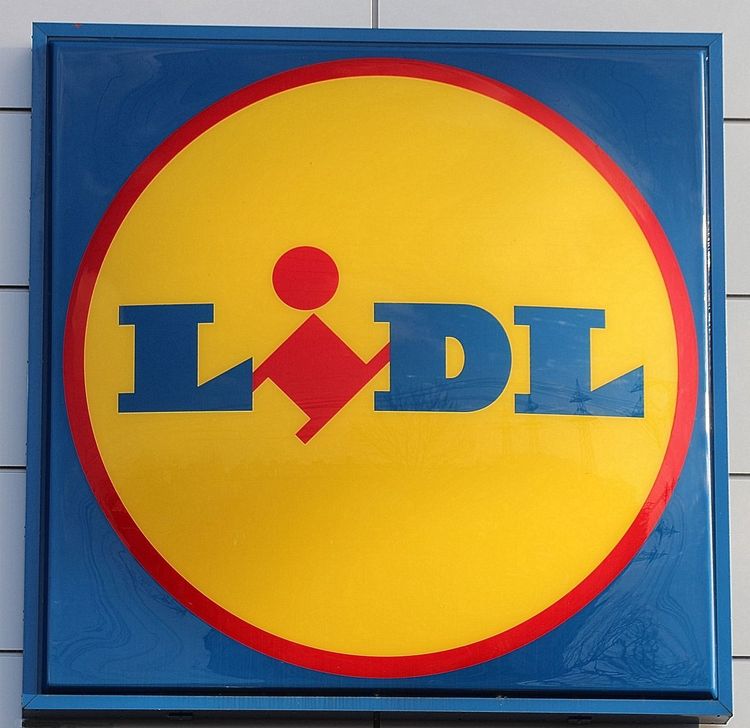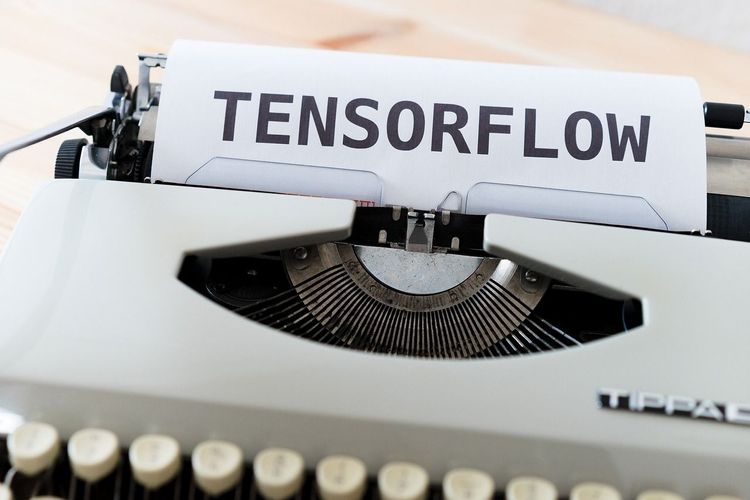Research on the human microbiome—communities of microorganisms residing in areas like the mouth or gut—has yielded significant insights into human health and prompted further studies about what constitutes a healthy individual. This growing field, alongside the increasing interest in alternative medicine, has attracted venture capital investment into notable startups within this space. One such company is Viome, which focuses on analyzing customers' microbiomes using artificial intelligence (AI) to offer personalized supplements and health guidance. Recently, Viome secured $86.5 million in Series C funding to expand its operations.
This funding round is co-led by Khosla Ventures and Bold Capital, with participation from various unnamed existing and new investors. Viome asserts that its RNA sequencing technology, originally developed from research at the Los Alamos National Laboratory, is "clinically validated, fully automated, and exclusively licensed to analyze biological samples at least 1,000 times more effectively than other technologies."
Founded in 2016 and based in Bellevue, Washington, Viome has conducted tests for approximately 350,000 consumers across 106 countries, predominantly in the U.S., U.K., Canada, and Australia, generating about 600,000 samples that continuously refine its algorithm. The company plans to utilize this equity funding to enhance its current offerings, which include tests related to blood, stool, and saliva samples, as well as vitamin supplements and dietary assessments. Additionally, it aims to explore new avenues, such as developing product lines focused on oral and dental health and forging retail partnerships. A notable collaboration with CVS will see Viome tests available in around 200 U.S. stores.
While the CVS agreement entails a revenue-sharing arrangement, it does not involve an equity investment in Viome, according to CEO Naveen Jain. Jain, an entrepreneur known for founding Infospace and serving as a judge for the XPrize, mentioned that CVS recognizes the growing consumer interest in gut health. During our conversation, he even took a moment to consume his custom vitamin capsules, which combine pre- and probiotics with vitamins.
Viome currently has not disclosed its valuation but has raised a total of $175 million to date. In 2022, it announced a $67 million funding round that valued the company at $339 million, according to PitchBook data. Jain asserts that this valuation has remained stable, though he did not provide an updated figure. Notable investors in Viome include Marc Benioff and the Better Health Group.
Viome’s current fundraising and expansion plans arrive at a pivotal time for businesses operating at the intersection of healthcare, technology, and changing consumer preferences. In the U.S., as traditional medical services become increasingly expensive, more consumers are leaning towards what they view as alternative or complementary solutions.
However, the pursuit of alternative remedies isn't without complications; it has faced controversies, such as during the COVID-19 pandemic, where skepticism of conventional medicine led to vaccine hesitancy and the promotion of dubious treatments.
While Viome predominantly markets its approach as an alternative medicine offering—tailoring vitamin supplements to individual microbiomes and promoting the idea that certain ailments can be alleviated through analysis and personalized guidance—it also emphasizes its foundation in cutting-edge technology. Viome's original insights stem from research at Los Alamos, using RNA gene expression analysis, which the company claims allows for dynamic and relevant recommendations based on a person’s unique health state.
“Viome has been an AI-driven company from the start; this is not a recent trend for us,” a company spokesperson shared. The platform is designed to process extensive biological data through AI and machine learning. According to Viome, it possesses the world’s largest database of RNA sequencing data, encompassing over 600,000 samples, along with rich clinical metadata—totaling more than 52 petabytes (quadrillion) of data.
Viome claims to leverage this data through advanced AI, bioinformatics, and cloud computing to identify critical health insights and deliver personalized nutritional recommendations. It boasts over 35 predictive models for chronic diseases such as diabetes, obesity, depression, and inflammatory bowel diseases. Additionally, Viome has received FDA breakthrough device designation for detecting early-stage oral and throat cancers using saliva with high specificity and sensitivity.
Nonetheless, challenges persist in this space. At least one rival, uBiome, faced scrutiny and legal issues over its business practices, including fraud against insurance companies, regulatory noncompliance, and misleading claims about its services.
Numerous other startups are emerging in microbiome research, and questions linger regarding the efficacy of aligning microbiome research with practical applications. Dr. Jonathan Eisen, a microbiology and genomics professor at the University of California, Davis, has raised concerns about Viome’s claims, describing the company as "the Theranos of Microbiome Studies." He criticized Viome for making statements he finds misleading and unscientific.
When I mentioned Eisen's critiques to Jain, he suggested that the professor’s motivations were biased due to prior involvement with a competitor. Eisen countered this claim, stating he was never compensated for his comments and stepped down from a scientific advisory role with uBiome due to ethical concerns.
Eisen acknowledged that while Viome's diagnostic capabilities are noteworthy, they do not equate to the comprehensive research required for developing effective treatments. He emphasized, “There is currently no evidence that Viome can accurately identify health issues or solutions based solely on microbiome data.”







